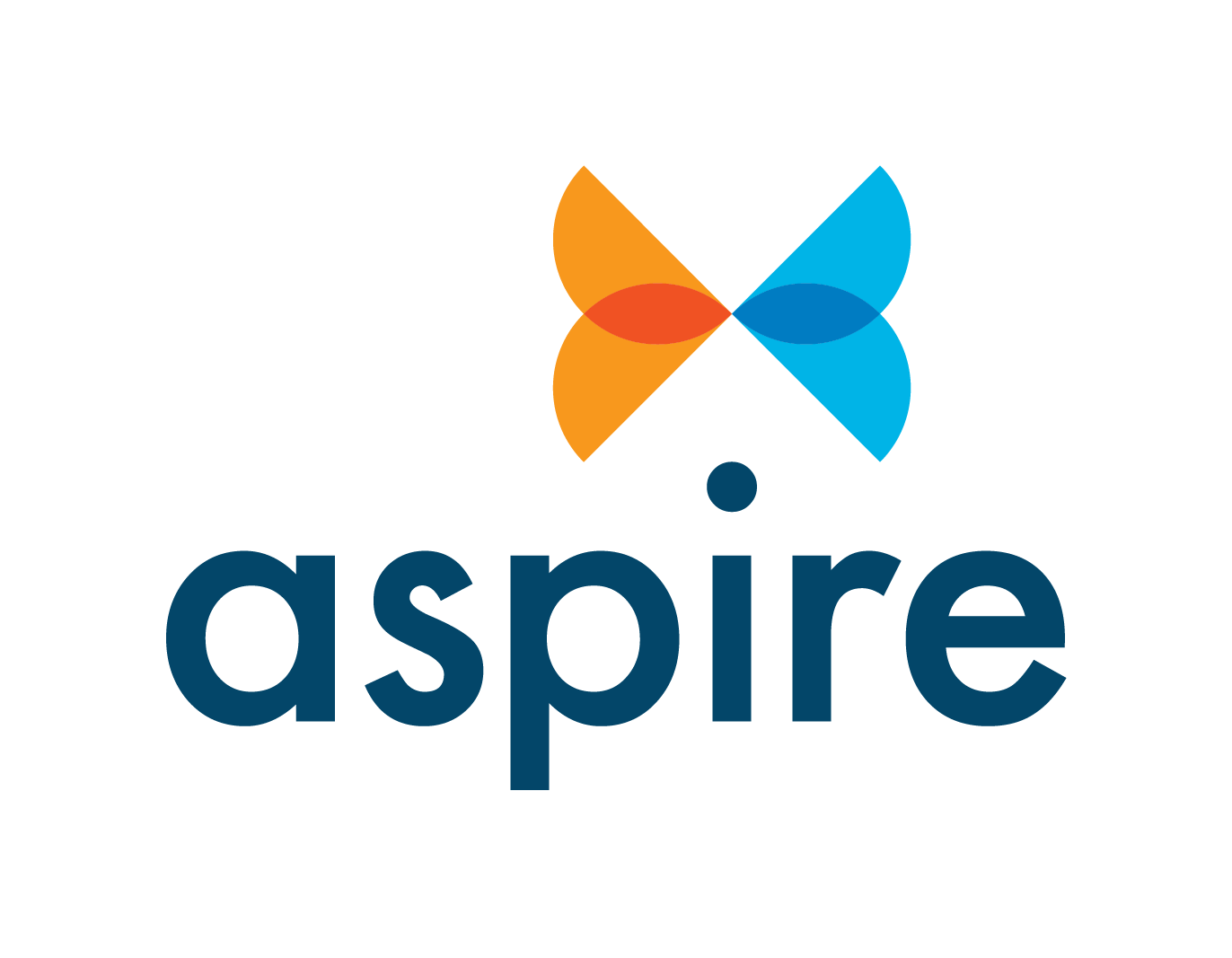First Who…Then What (Get the Right People on the Bus)
BY LINDA K. JOHNSON, Ph.D. - JAN 10, 2022
At one point in my career consulting for museums around the world, I worked with a team to develop grounding principles upon which to base organizational success. A book key to providing a sound foundation for our clients was Good to Great by Jim Collins.
One concept that clients understood was to focus on “who” was recruited and hired to the professional team. Collins termed this idea as getting the “right people on the bus.” With the right people on the bus, the wrong people (for your organization) off the bus, and the right people in the right seats, the bus (your organization) can then be steered in the direction of meeting the organizational mission.
Collins defines five criteria for being the right person on the bus:
1. The right person personally shares the core values of the institution. I believe it’s most important to probe for these shared values when interviewing or evaluating team members. It’s an especially crucial issue in nonprofit organizations.
2. The right person doesn’t need to be managed, but they need to be led, supported, and guided. As Collins says, “You don’t spend a lot of time trying to manage the wrong person into the right behaviors. Then there’s somebody else on the bus who takes a whole lot of time and energy, and they’re draining because you’re trying to manage for the fact that they’re just the wrong person. The moment you feel the need to manage somebody, you’ve probably made a hiring mistake.”
3. In the seat on the bus a person holds (their position), “could they potentially be one of the best in the industry, or one of the best in the field in which your organization operates?” While they may not yet be “the best,” could they become the best in that position in your industry?
4. The right person understands the difference between a job and a responsibility. As Collins describes it: If you were an air-traffic controller and you did a good job, you did all the right things, but the planes still crashed, would it matter?” No, it wouldn’t matter. Because the truth is, you have a responsibility that goes far beyond just having a job: the responsibility to worry three steps ahead, to ensure that the planes don’t crash. That sense of having a broader sense of responsibility rather than having a job.” The right person is committed to continuous improvement.
5. If, as a leader, you’re not sure that a person belongs on the bus Collins suggest that you consider whether you’d hire them again with what you currently know. Another consideration is that maybe they belong on the bus, but they’re in the wrong seat (position).
Once the right people are on the bus and in the right seat, they will work together to solve the inevitable challenges your organization faces as it works to fulfill its mission. Participating in a high-functioning team is truly a joy.
For more information:
Collins, Jim. Good to Great: Why Some Companies Make the Leap…and Others Don’t. New York: HarperCollins Publishers, 2001.



